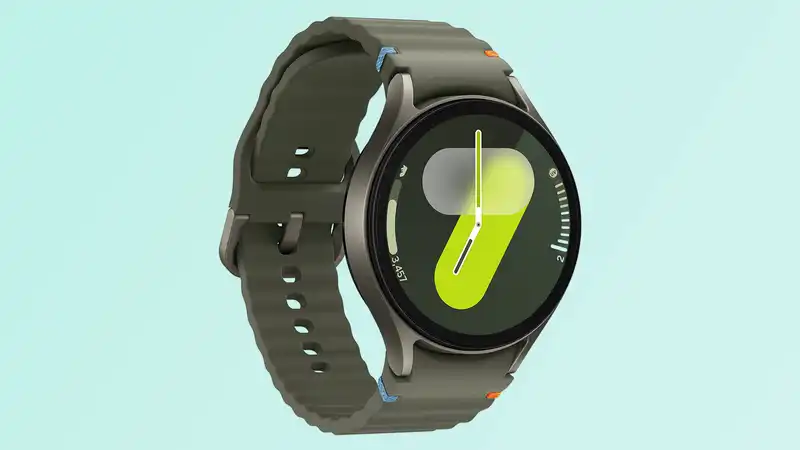In advance of Samsung Unpacked, Samsung's summer hardware event scheduled for July 10, Samsung gave us an early look at what we can expect from the BioActive health sensor in the next generation of Galaxy smartwatches, including the upcoming Galaxy Watch 7 They were the first to introduce us to the BioActive health sensor
The BioActive sensor is built into the best Samsung watches It is a single chip that combines multiple fitness and health monitoring sensors, including an optical heart rate monitor, electrical heart signal tracking, and bioelectrical impedance analysis
According to a recent Samsung press release, the upgraded bioactive sensor has an improved design to save space on the chip, optimized sensor placement for more accurate readings, and several colored LEDs in addition to the standard red and green LEDs It has
Samsung pushed more sensors onto the chip after improving the performance of each light-receiving photodiode, halving the number of photodiodes needed to accurately track light reflected off the back of the watch
Most fitness trackers and smartwatches use optical heart rate sensors to measure heart rate They shine light (often green) onto the skin, and a light-receiving photodiode measures the amount of light reflected back, whose recordings are converted into an estimate of heart rate
Improved LED arrays may help make heart rate measurements more accurate The green LEDs found in most optical heart rate monitors offer the best balance of performance and accuracy, but this depends on the environment
According to The Conversation, red light penetrates skin best, while other light sources may interfere with the signal, making heart rate measurements more difficult to isolate By adding LEDs of multiple colors, including red, Samsung may be able to integrate the readings and increase the accuracy of the watch
Samsung also stated that one of the first new features to be realized by the improved bioactive sensor will be an "advanced glycation end products (AGEs) index - an indicator of metabolic health and biological aging that is strongly influenced by overall lifestyle and eating habits"
However, the release notes that "the addition of the AGEs index is just one of many new features planned for the upcoming Galaxy Watch," suggesting that it may not be available at launch and may be rolled out later, especially if regulatory approval is required
Sams
Samsung noted that the main purpose of this redesign is to "enable more accurate health insights" However, it did not elaborate on what can be expected from the new and upgraded BioActive sensor in the Galaxy watch, which will be unveiled at Unpacked later in the week
Throughout the release, Samsung repeatedly mentions that the sensor will be in the "next Galaxy Watch," presumably referring to the Galaxy Watch 7 Nevertheless, the upgraded BioActive hardware will likely be included in the Galaxy Watch Ultra as well










Comments